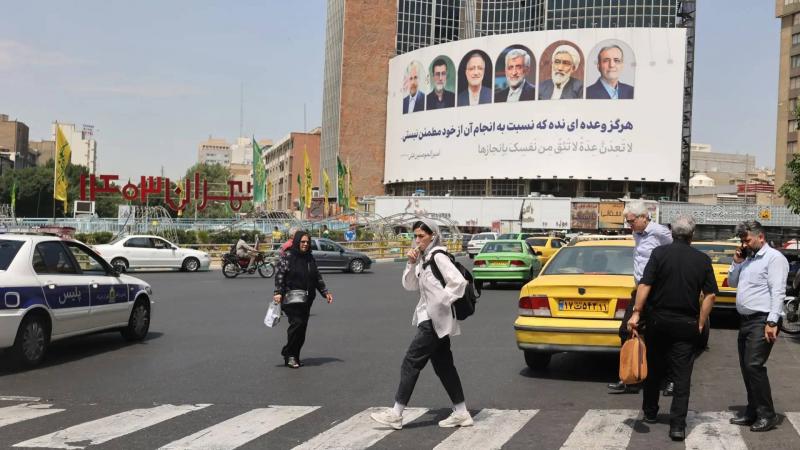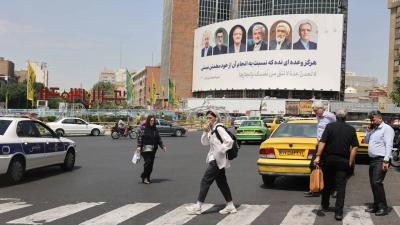For 45 years, the Iranian regime has maintained a tight grip on power, distributing authority among a select group and employing various maneuvers to oppress the people. Regime supporters are exploiting the death of Ibrahim Raisi in the upcoming elections. Amid confusion and far removed from the customs and culture of the Iranians, several supporters of the regime and government have recently claimed that Raisi's death presents a "new opportunity" for the regime. It is surprising for ordinary citizens to hear such remarks from individuals within the system. The competition among these individuals does not imply a disagreement on the principles of the Islamic Republic.
Former presidential aide and head of the Environmental Organization, Massoumeh Ebtekar, who presents herself as "fundamentalist," stated, "Raisi's death opened a door in the country; perhaps it was God's will or the result of the people's sighs and despair." Mustafa Mir-Salim, a conservative deputy in the council and former Minister of Culture and Guidance, who was also a presidential candidate, remarked, "Raisi has left us with a box of the regime's secrets to prevent embarrassment for those who intended to reform themselves."
What do we call this perspective on the deaths of individuals other than a form of opportunism, revealing an interest in applying the principle "the end justifies the means"? How do they justify through such behavior the executions and shootings directed at the eyes of fellow citizens? Is it justified to maintain the regime and their hold on power through such violence? As we know from past occurrences in the regime, some candidates in the elections play complementary roles, meaning they will announce their withdrawal from the competition in the final days in favor of the candidate chosen by the regime's leader.
In the Islamic Republic's system, one person dictates both domestic and foreign policy, and that person is the leader, Ali Khamenei, who is the paramount figure in the regime. Contrary to the propaganda of the reformist faction, which pretends to oppose the conservative faction and claims that participation in the election serves to stabilize the regime, in reality, there is no difference from the leader's perspective between the two factions. What can be said is that past experiences have proven that the conservative faction serves the leader's visions more than others.
The experience and performance of Ibrahim Raisi over the past three years demonstrate that Khamenei desires a president like Raisi to pursue current policies regarding nuclear issues and regional and domestic affairs. Past experiences have also shown that having conservatives in power facilitates negotiations between Iran and the West, but conservatives are bolder than others in suppressing protests.
These elections are not between different candidates; the difference lies in one having more capability and will than the other to achieve the regime's goals. These elections are not about substantive issues between the differing factions, but rather a competition over their capabilities in the regime's domestic and international affairs.




